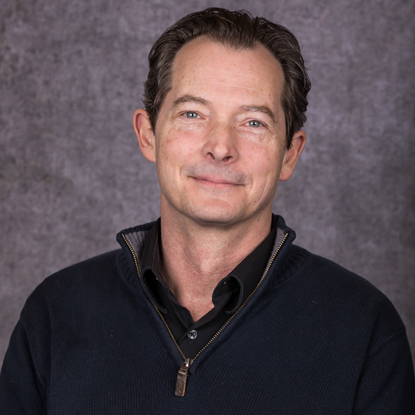Contact Information
- (509) 313-6564
- hunter@gonzaga.edu
Education & Curriculum Vitae
Courses Taught
TESOL courses developed & taught
MTSL 501: Theory & Practice of Language Teaching
MTSL 502: Pedagogical Grammar
MTSL 504: Introduction to Sociolinguistics
MTSL 508: Principles of Second Language Acquisition
MTSL 510: Course Design, Assessment
MTSL 516: Technology in Second Language Education
MTSL 550: Language Awareness (online)
MTSL 580: TESL Language Camp Practicum
MTSL 600: Research Perspectives in Second Language Education
MTSL 610: Practicum in TESL
MTSL 604: Master’s Research Project
MTSL 602: Thesis

